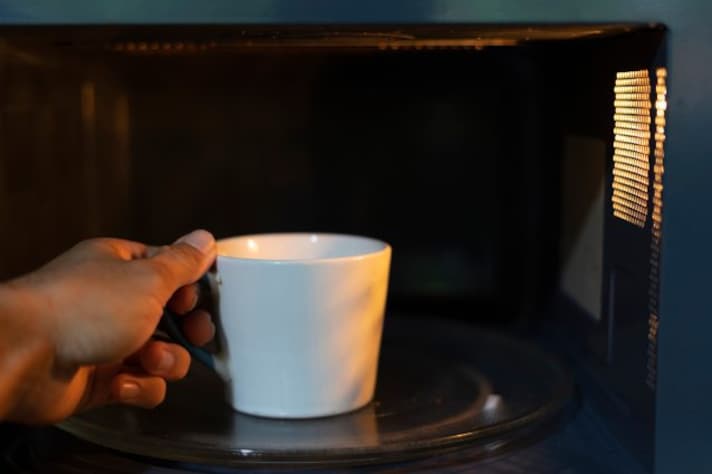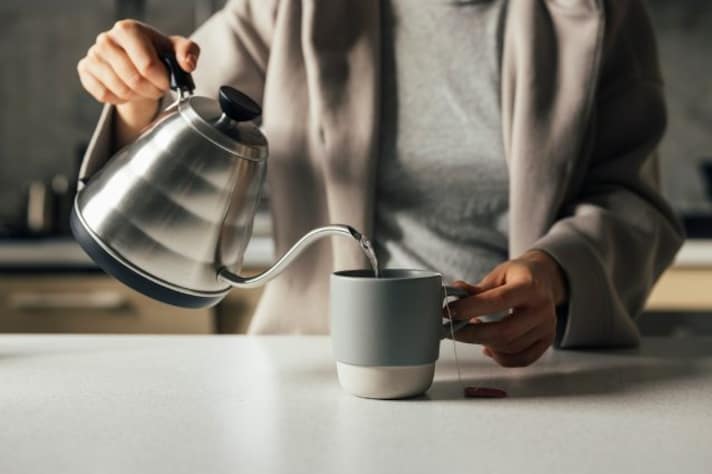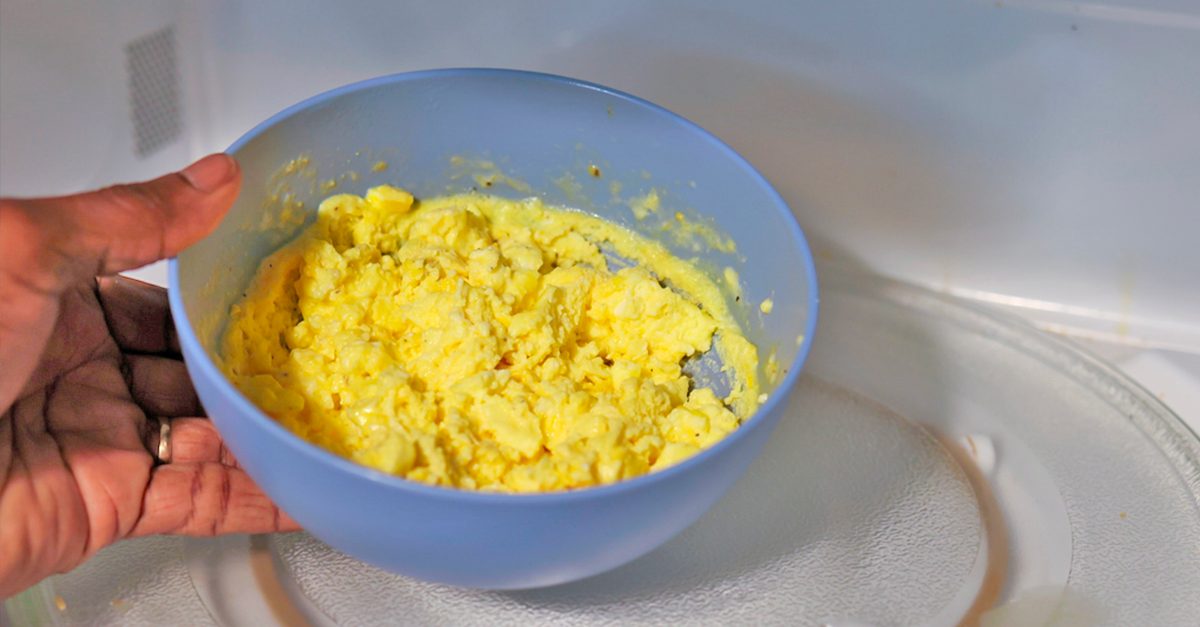Here Are The Reasons Why You Should Never Reheat Your Tea
Reheating tea can alter its flavor, degrade its antioxidants, and promote bacterial growth. It may also pose health risks due to superheating and potential chemical leaching from non-microwave-safe containers. Freshly brewed tea is best enjoyed immediately. If reheating is necessary, do so gently on the stove or in short microwave intervals using safe containers.

Tea is one of the most versatile beverages, enjoyed by people all over the world in countless varieties and flavors. It's not uncommon for tea lovers to brew a large batch in the morning, thinking they can reheat it throughout the day for convenience. However, there are compelling reasons to avoid reheating your tea if you can help it. Let's explore these reasons together.
1. Flavor Alterations
One primary concern with reheating tea is the impact on its flavor. Freshly brewed tea has a delicate balance of flavors that can become distorted when reheated. Whether you use a stove or a microwave, the reheating process can alter the chemical composition of the tea, leading to a bitter, flat, or otherwise unpleasant taste. The natural oils and compounds that contribute to tea's unique flavor profile can break down or evaporate, resulting in a less enjoyable drinking experience.

2. Nutritional Degradation
Beyond flavor, reheating tea can also affect its nutritional value. Tea is rich in antioxidants, which are beneficial for health. However, these antioxidants can degrade when exposed to prolonged heat. When you reheat tea, especially in a microwave, you subject it to uneven heating, which can further deteriorate these valuable compounds. As a result, the health benefits associated with drinking tea may be significantly reduced.
3. Bacterial Growth Concerns
Another issue to consider is the potential for bacterial growth. Once tea has been brewed and left to sit at room temperature, it becomes a breeding ground for bacteria. Reheating the tea may not effectively kill all the bacteria, particularly if it hasn't been stored properly in the first place. Consuming reheated tea that has been sitting out can pose health risks, making it an unsafe practice.

4. Reheating Process Risks
The reheating process itself can also introduce new health concerns. Using a microwave to reheat tea can cause the liquid to become superheated, meaning it heats above its boiling point without appearing to boil. This can lead to sudden boiling when disturbed, posing a burn risk. Additionally, microwaving tea in non-microwave-safe containers can cause harmful chemicals to leach into the beverage.
5. Diminished Enjoyment
Lastly, the overall enjoyment of tea diminishes when it’s reheated. Tea is not just about hydration; it's about the experience. The ritual of brewing and savoring a fresh cup of tea can be a calming and enjoyable part of your day. Reheated tea lacks the same comforting warmth and fresh aroma, making the experience less satisfying.

Is There a Way to Reheat Tea Correctly?
If you must reheat tea, there are a few steps you can take to minimize the negative effects. The best method is to gently reheat the tea on the stove over low heat, ensuring it does not come to a boil. This helps to preserve some of the flavor and nutritional value. If using a microwave is unavoidable, heat the tea in short intervals, stirring in between to ensure even heating and avoid superheating. Always use microwave-safe containers to prevent any harmful chemicals from leaching into the tea.
;Resize,width=767;)


;Resize,width=712;)
